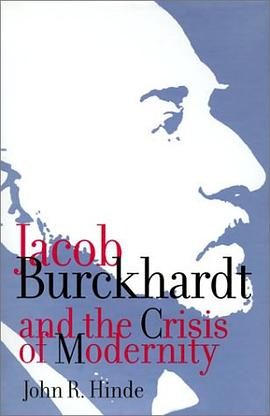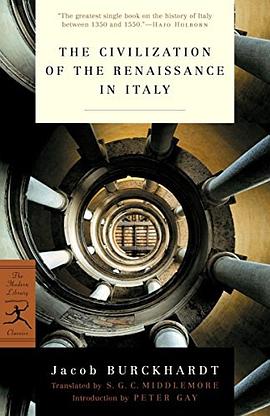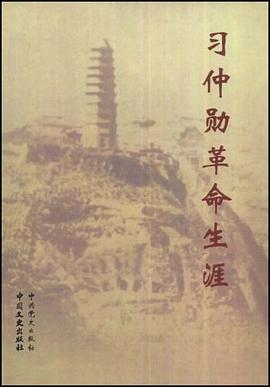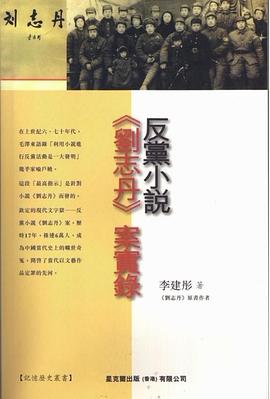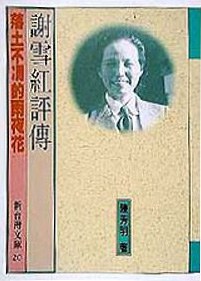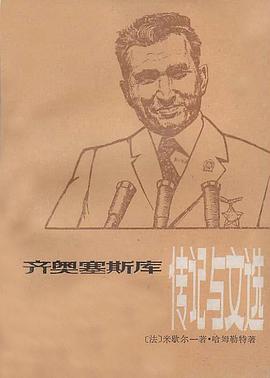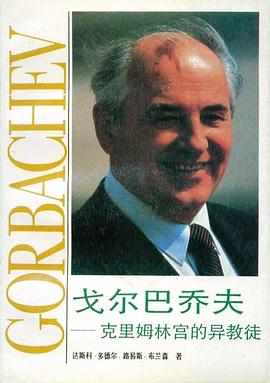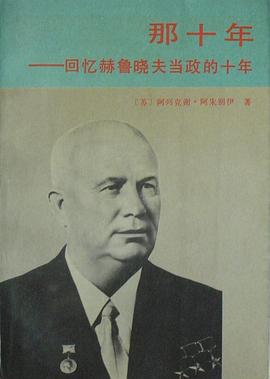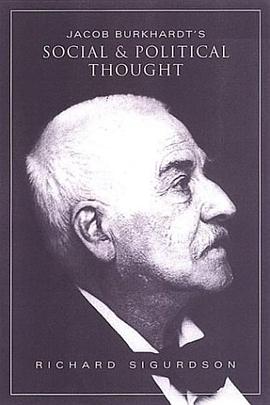

Contrary to his usual portrayal as a disinterested aesthete, Swiss cultural historian Jacob Burckhardt is characterised as an original social and political thinker in Richard Sigurdson's timely book Jacob Burckhardt's Social and Political Thought. Burckhardt's thinking on a number of ideas - including the relationship between the individual and the mass, the tension between the ideals of equality and human excellence, and the role of the intellectual in the modern state - is the subject of insightful analysis, thus providing a rare investigation into Burckhardt's culture-critique of the nineteenth century. Other important aspects of Burckhardt's life that undoubtedly influenced both his historical and political thought, such as his ambiguous relationship with Friedrich Nietzsche, are carefully scrutinised in this groundbreaking analysis of the Swiss historian.Known primarily as an historian, Burckhardt's historical writings provide not only a powerful critique of his own times, but also a broad ranging political philosophy that can be placed within the larger German tradition of evaluating politics according to the values and standards of art and culture. Although Burckhardt himself expressed his scepticism towards general theories and claimed to be devoid of a personal philosophical position, through an examination of his works Sigurdson argues that both implicit and explicit political reflections and theories are recognisable.
具体描述
读后感
评分
评分
评分
评分
用户评价
相关图书
本站所有内容均为互联网搜索引擎提供的公开搜索信息,本站不存储任何数据与内容,任何内容与数据均与本站无关,如有需要请联系相关搜索引擎包括但不限于百度,google,bing,sogou 等
© 2025 book.wenda123.org All Rights Reserved. 图书目录大全 版权所有

